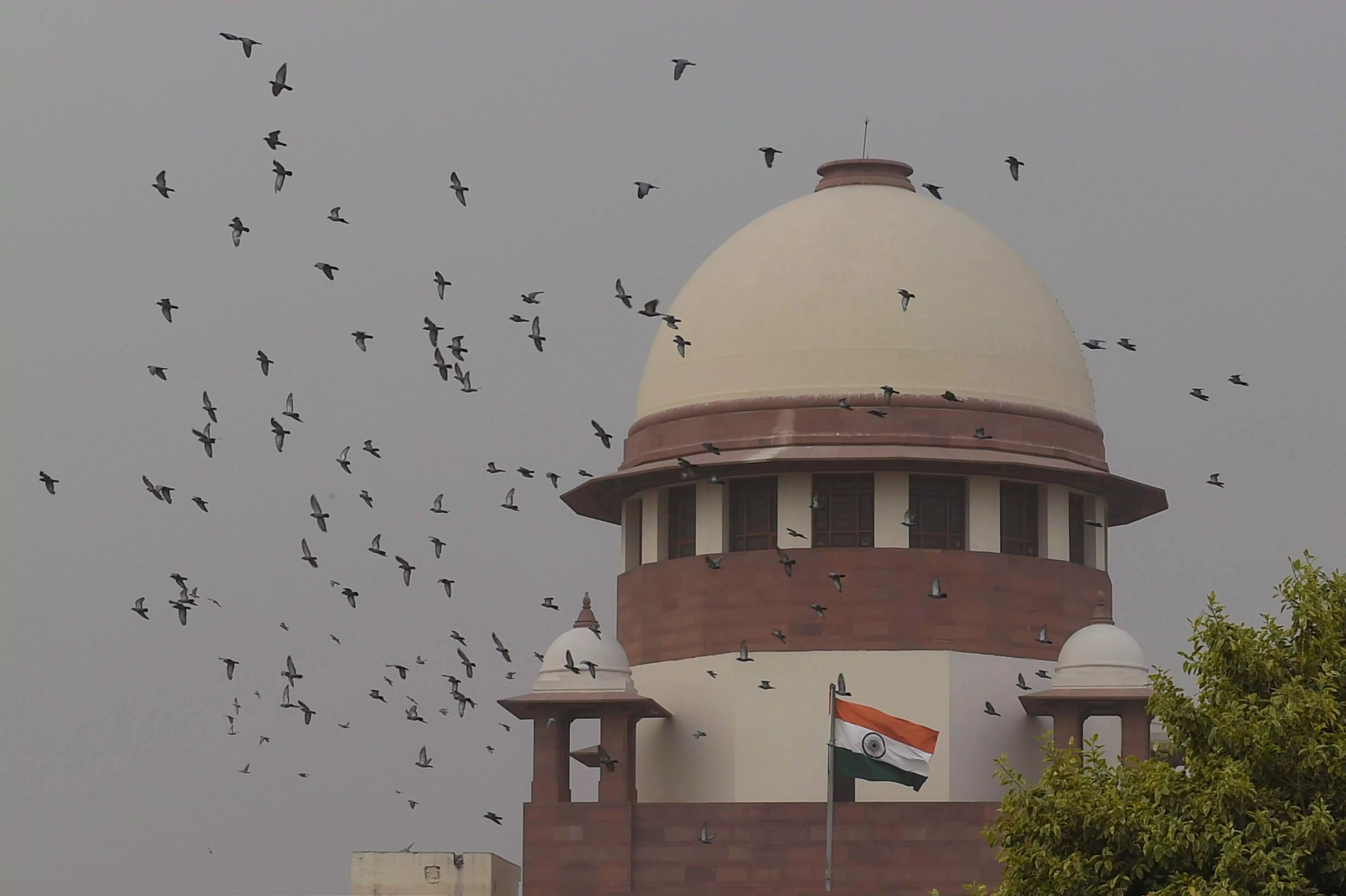Hindu marriage invalid without proper ceremonies: SC

In a recent verdict, the Supreme Court emphasized the sanctity of Hindu marriage, ruling that it cannot be recognized under the Hindu Marriage Act, 1955 unless performed with proper ceremonies. Justices B V Nagarathna and Augustine George Masih underscored the significance of marriage as a sacrament in Indian society, urging prospective couples to deeply consider its sacredness before entering into it.
The court stressed that Hindu marriage is not a mere social event but a solemn institution that establishes a lifelong union between a man and a woman, forming the foundation of a family. It condemned the commodification of marriage, stating that it should not be reduced to a transactional affair involving dowry or lavish festivities.
According to the bench, adherence to traditional ceremonies is essential for the solemnization of a Hindu marriage under the Act. Citing Section 7 of the Act, the court clarified that the marriage becomes complete and binding only when the prescribed rituals, including the sacred 'saptapadi', are performed.
The case in question involved a dispute between a couple who claimed to have solemnized their marriage but failed to adhere to the requisite ceremonies. The court declared null and void the certificates issued based on incomplete ceremonies, emphasizing that registration alone does not confer legitimacy to a marriage lacking proper solemnization.
The justices deprecated the trend of couples seeking registration without fulfilling the essential rites, particularly for practical reasons such as visa applications. They highlighted the importance of upholding the spiritual and cultural significance of marriage ceremonies, which serve as a foundation for the couple's lifelong commitment to each other.
In conclusion, the Supreme Court stressed the need for couples to honor their vows and commitments, emphasizing that adherence to traditional customs can prevent marital breakdowns and ensure the sanctity of the institution of marriage.



